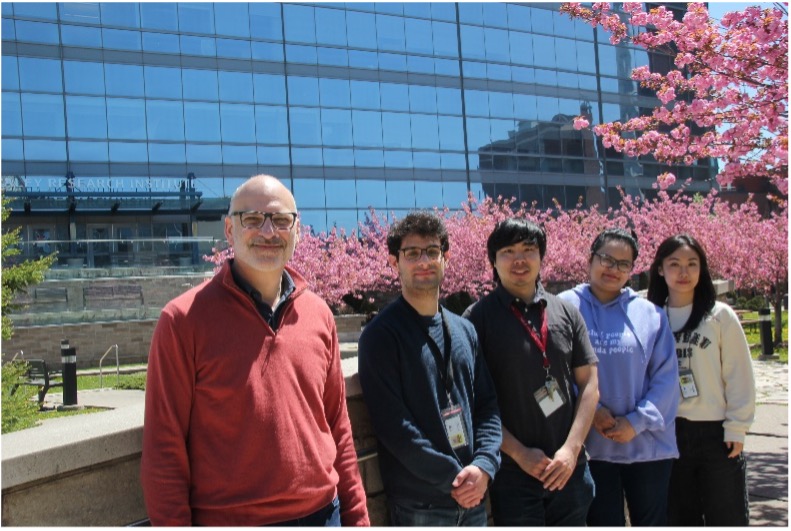TaARI investigator receives $291,000 in new funding to investigate how HDL protects the heart from chemotherapy induced damage.

HDL signaling in cardiomyocytes and role in protection against doxorubicin induced cardiotoxicity.
Why is this research important?
Chemotherapy-related heart disease is an increasing burden on the health of Canadians. A number of chemotherapies damage the muscle cells making up the heart, triggering a gradual decline in heart function leading to heart failure in cancer survivors years after the chemotherapy has ended.
How will you use this funding?
The funds from the Heart and Stroke Foundation of Canada will be used to support research aimed at understanding how HDL (the good cholesterol) and its main protein component, apolipoprotein A1, protect heart muscle cells from the damaging effects of a commonly used chemotherapy drug, doxorubicin.
How will your research advance the field?
Understanding how HDL and its major protein component, apolipoprotein A1, protect heart muscle cells from damage triggered by chemotherapy drugs may lead to new therapies to be used alongside of chemotherapy to protect the heart, while allowing the chemotherapy drugs to target the cancer, minimizing the risk for long-term development of heart failure in cancer survivors.

Related News
News Listing

Trigatti Lab receives CIHR grant to investigate new pathways involved in coronary artery disease
New Grants
September 24, 2024

